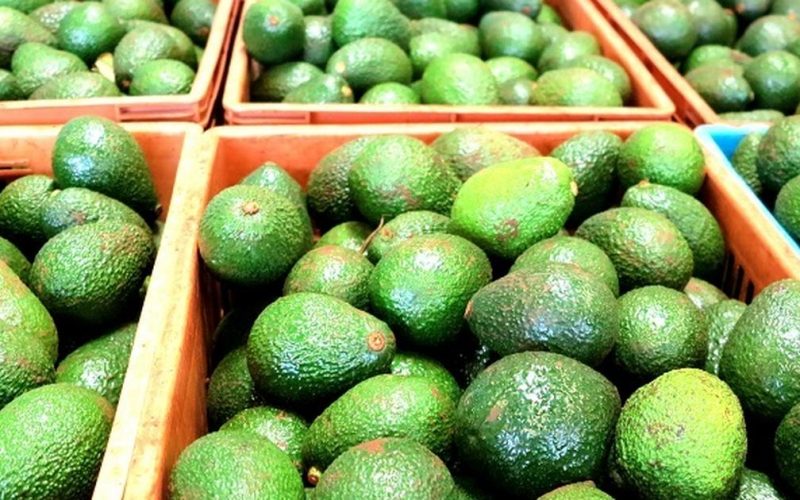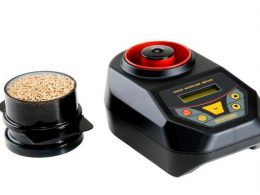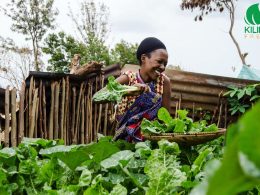By Mark Kawalya
Munakyalo Agrofresh, a Ugandan firm, is assisting farmers in avoiding post-harvest losses by preventing spoilage of food with solar-powered cold storage and preservation stations. The startup was founded in May 2021 at the Kyaka 2 refugee community in western Uganda, with the goal of providing its Cold Hives to smallholder farmers and market traders, increasing the shelf life of perishable goods from two days to three weeks.
In Sub-Saharan Africa, 40% of all farming produce is lost owing to post-harvest losses, 94% of which are caused by inefficient supply networks. This translates to a 25% loss of smallholder farmers revenue at each harvest.
“Smallholder farmers can’t afford modern cold storage facilities and resort to using polythene bags, which easily contaminate their produce, resulting in food wastage,” Ronald Lwasa, the founder and CEO of Disrupt Africa, said. “As unrefrigerated perishable produce, such as tomatoes, avocadoes, and mangoes, begins to spoil in the heat, intermediary produce brokers take advantage of farmers’ urgent need to sell, often offering subpar prices for crops.”
Munakyalo Agrofresh’s Cold Hives provide a workaround to this problem while solving the affordability challenge by maintaining a “pay as you store” business model. Munakyalo Agrofresh’s customers pay only $0.40 per crate of perishable produce stored in the Cold Hive per day, making produce cooling affordable to more farmers. In addition, cold hives are placed in farmer communities to promote wider accessibility and utilization. “Being solar-powered allows us to reach out to rural areas and provide cold storage 24 hours a day, seven days a week,” Lwasa explained.
Munakyalo Agrofresh was one of ten firms chosen for the latest ASIP accelerator program run by Startupbootcamp AfriTech. This resulted in a US$18,000 investment, and information from Lwasa indicated that the firm is presently seeking a US$500,000 investment to help it expand. So far, the startup has built four Cold Hives, with 3,525 paying clients storing 12,000 tons of food. If it is successful in obtaining funds, the firm has plans to set up an additional 30 cold hives, mobilizing more than 20,000 smallholder farmers and 1,000 market sellers.








